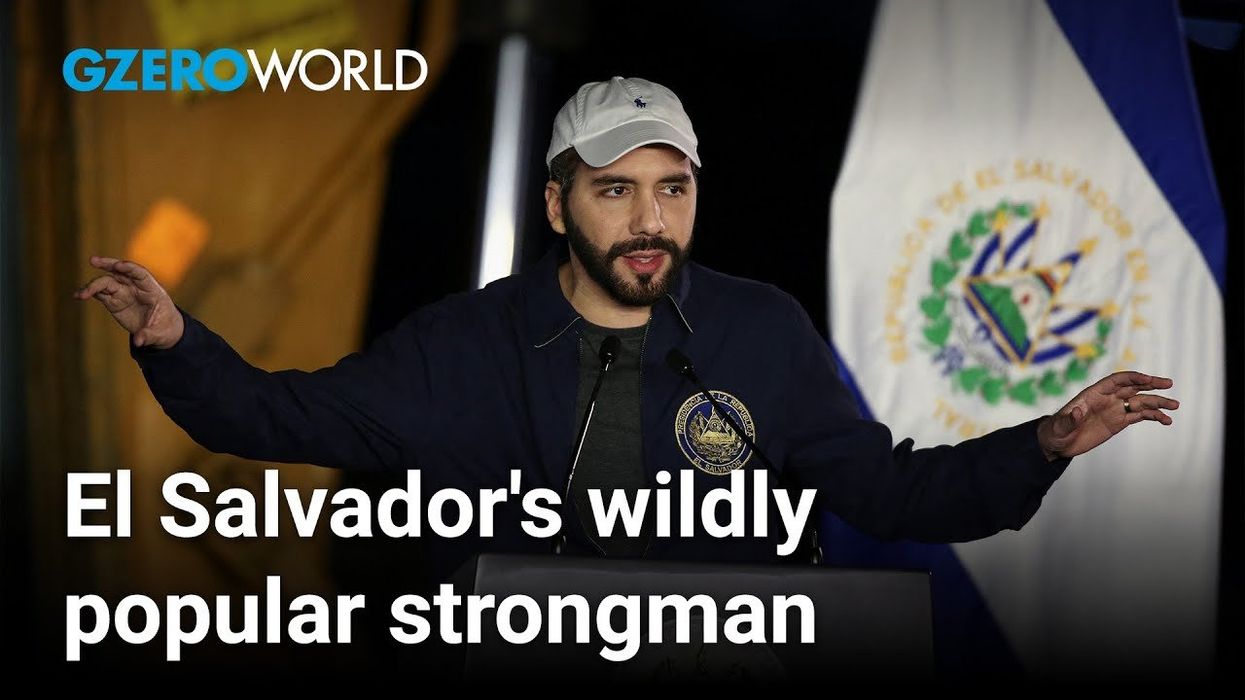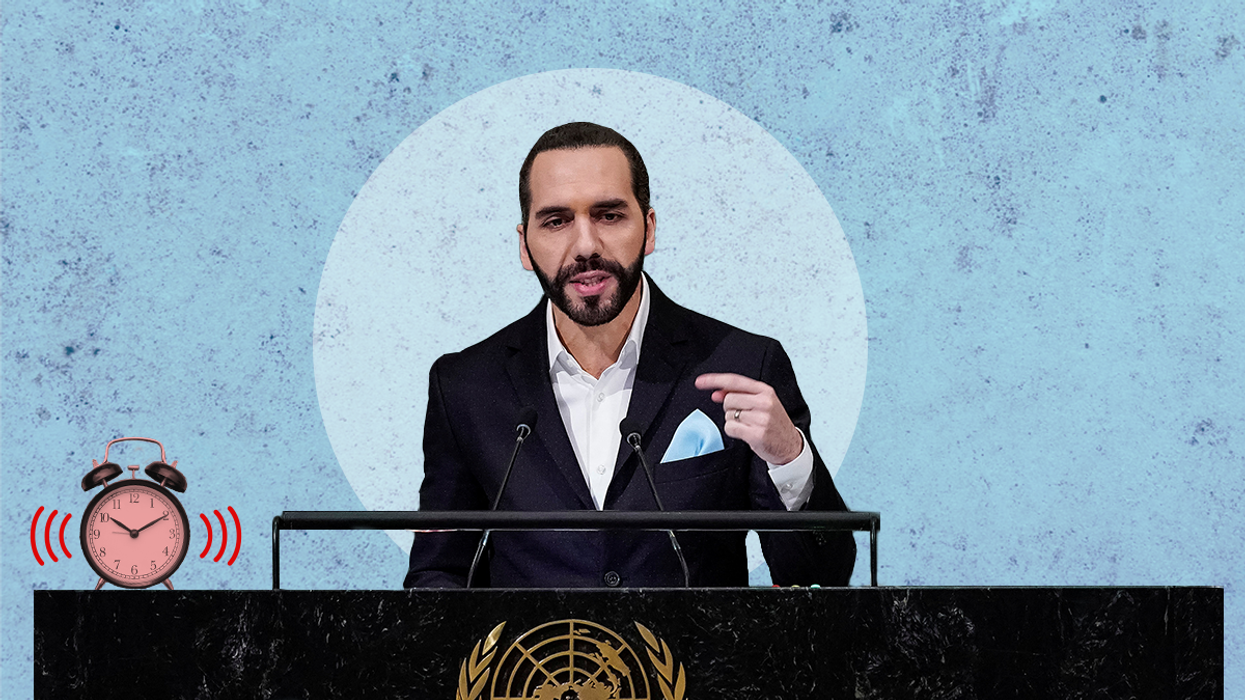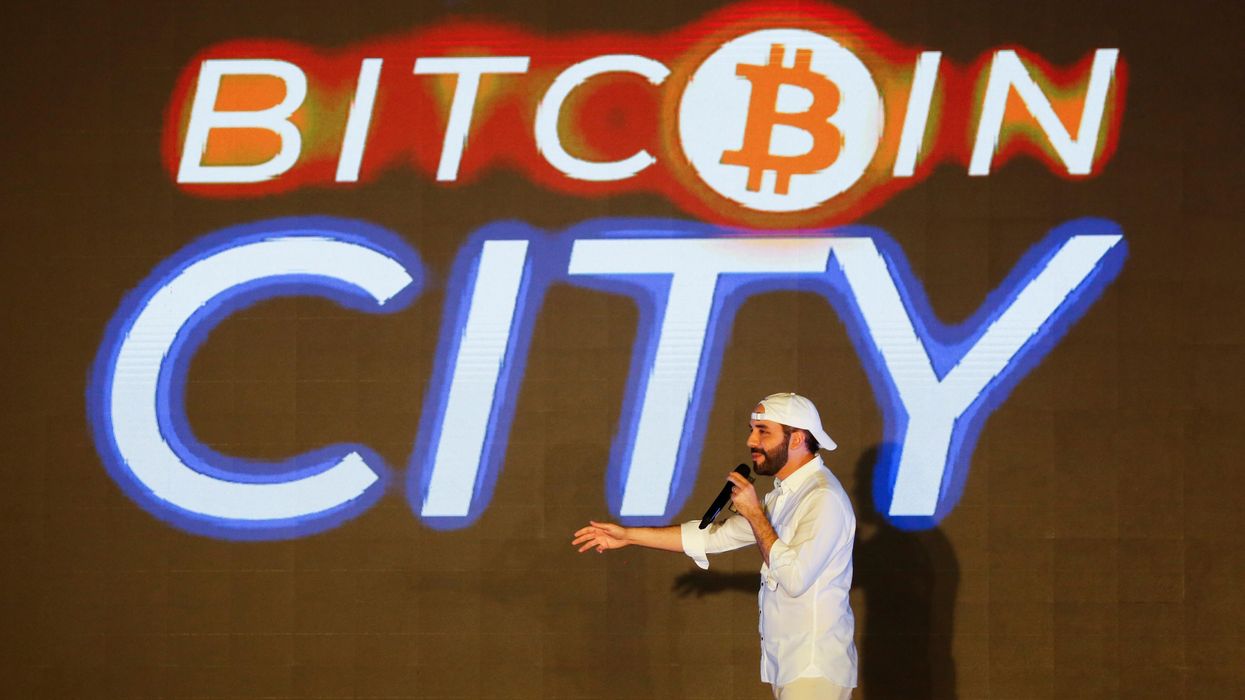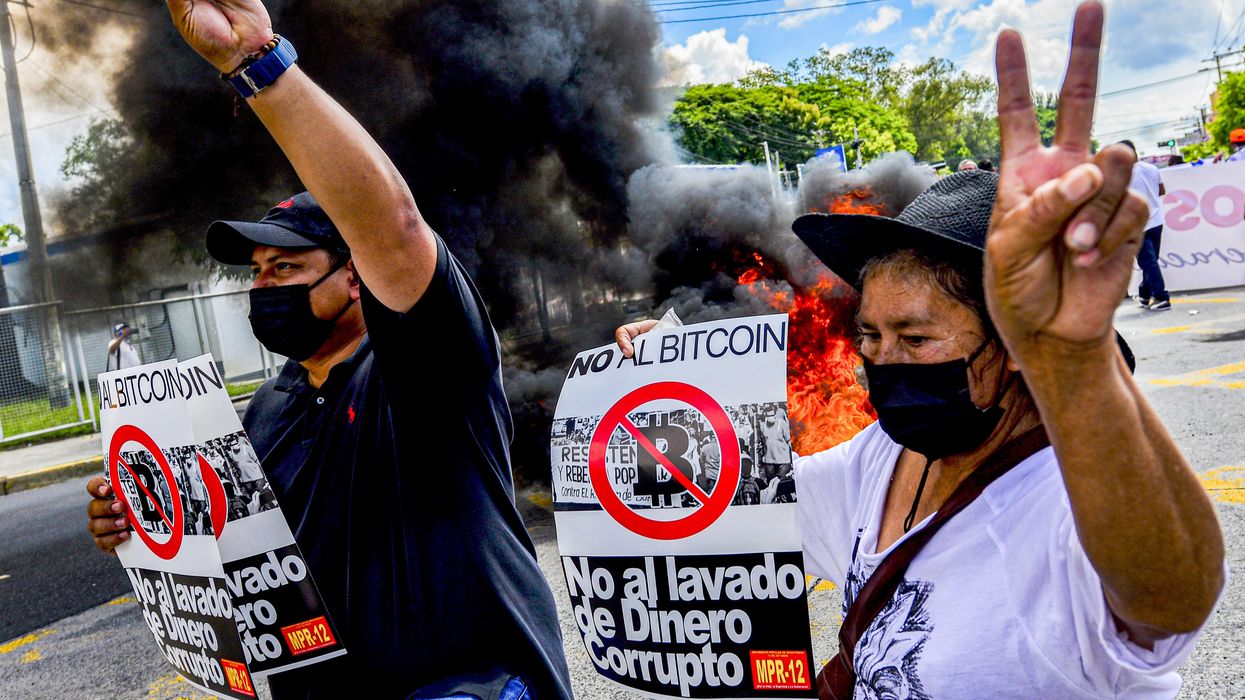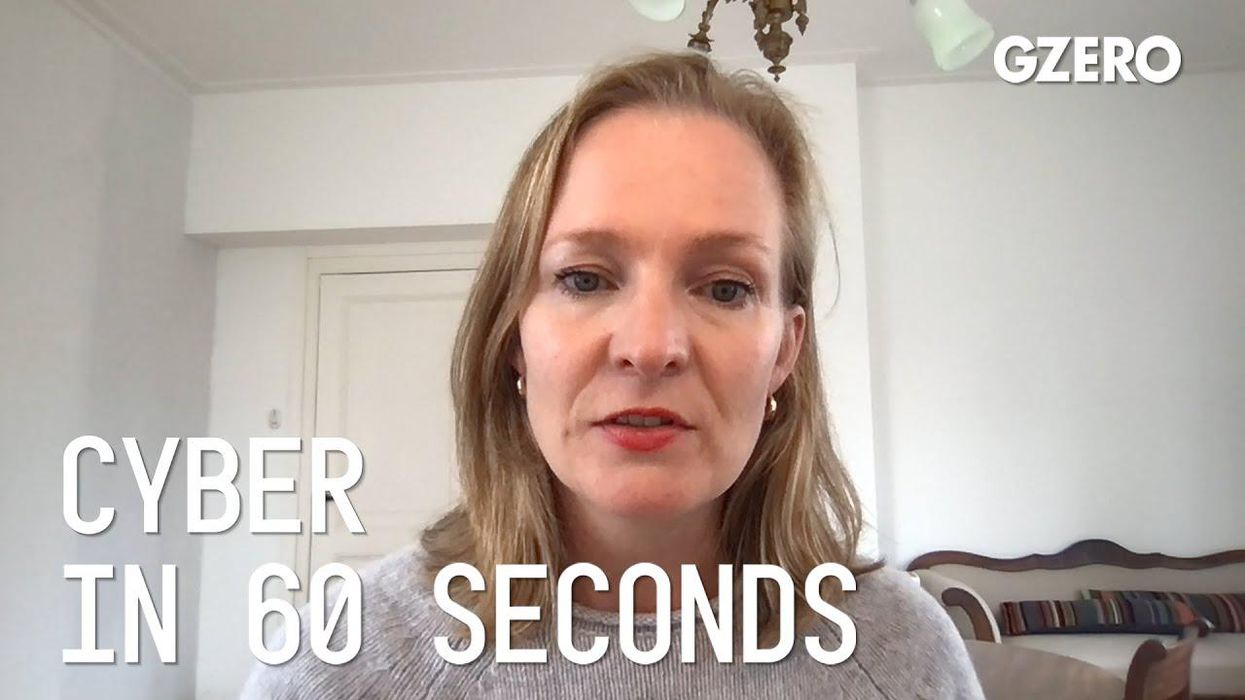GZERO World Clips
El Salvador's Bukele: The posterboy for popular authoritarianism
Nayib Bukele became El Salvador's president at 37, as LatAm's youngest elected head of state. He was an outspoken candidate on social media with an affinity for cryptocurrency but has since unraveled as a raging authoritarian.
Jan 17, 2024
